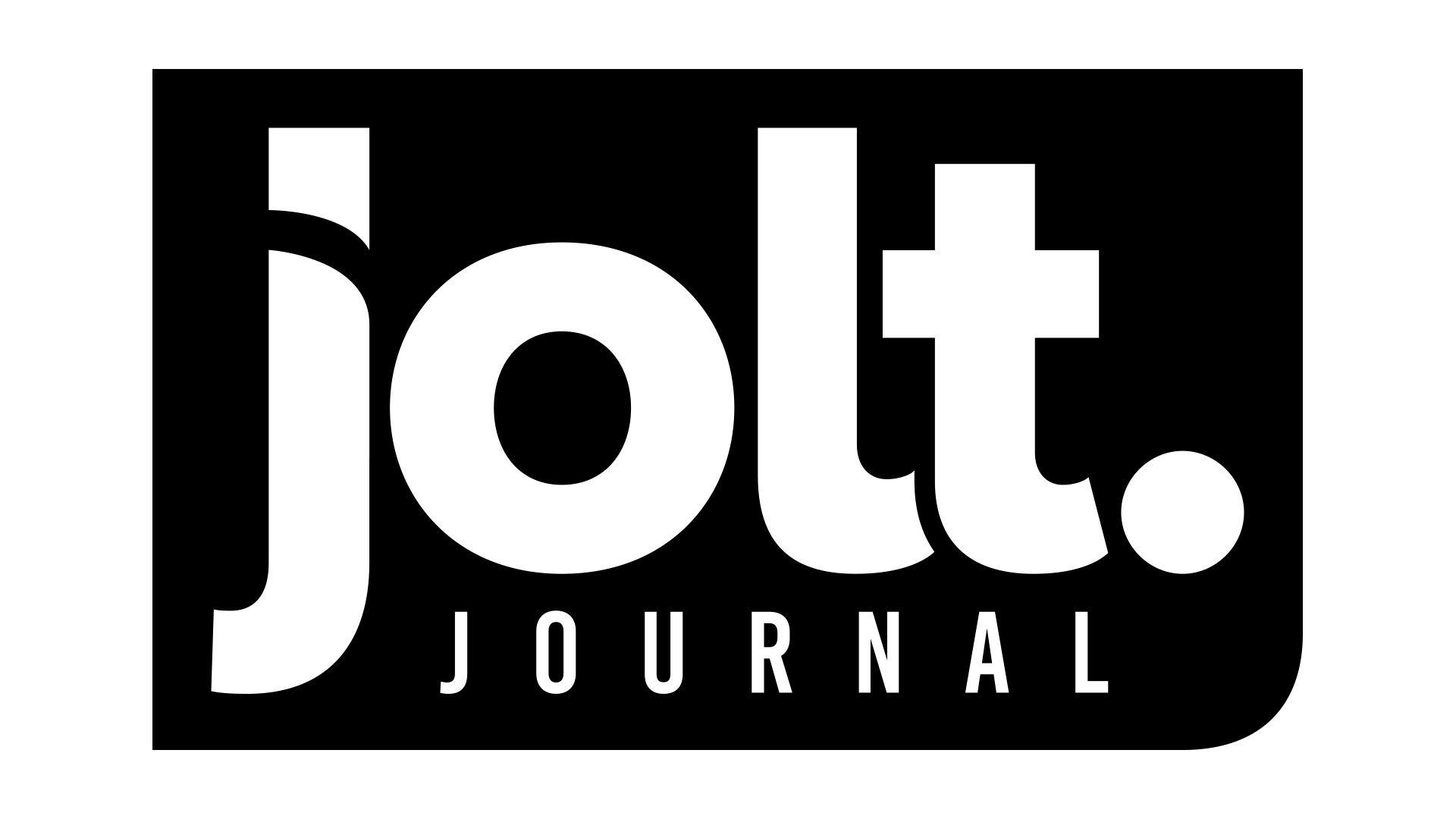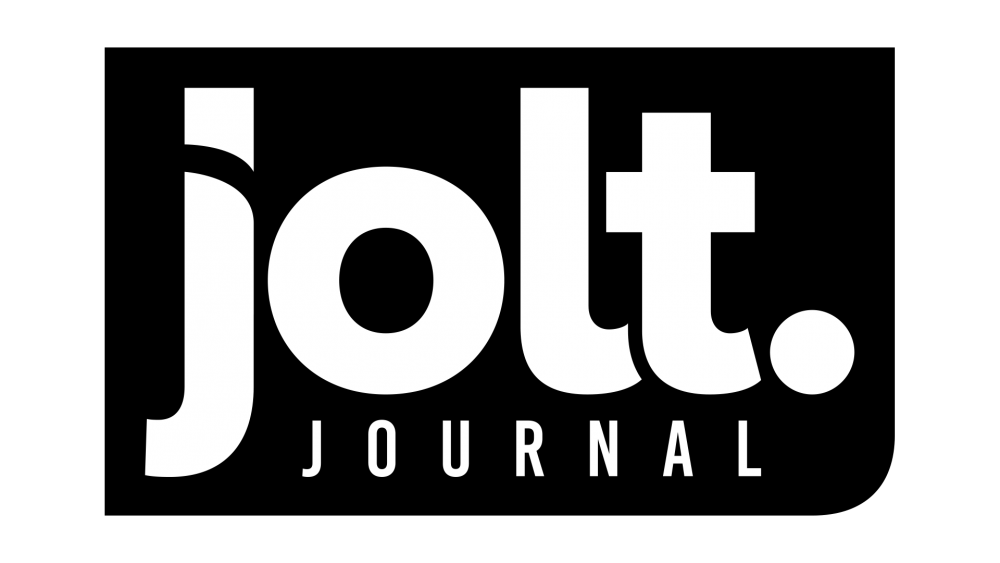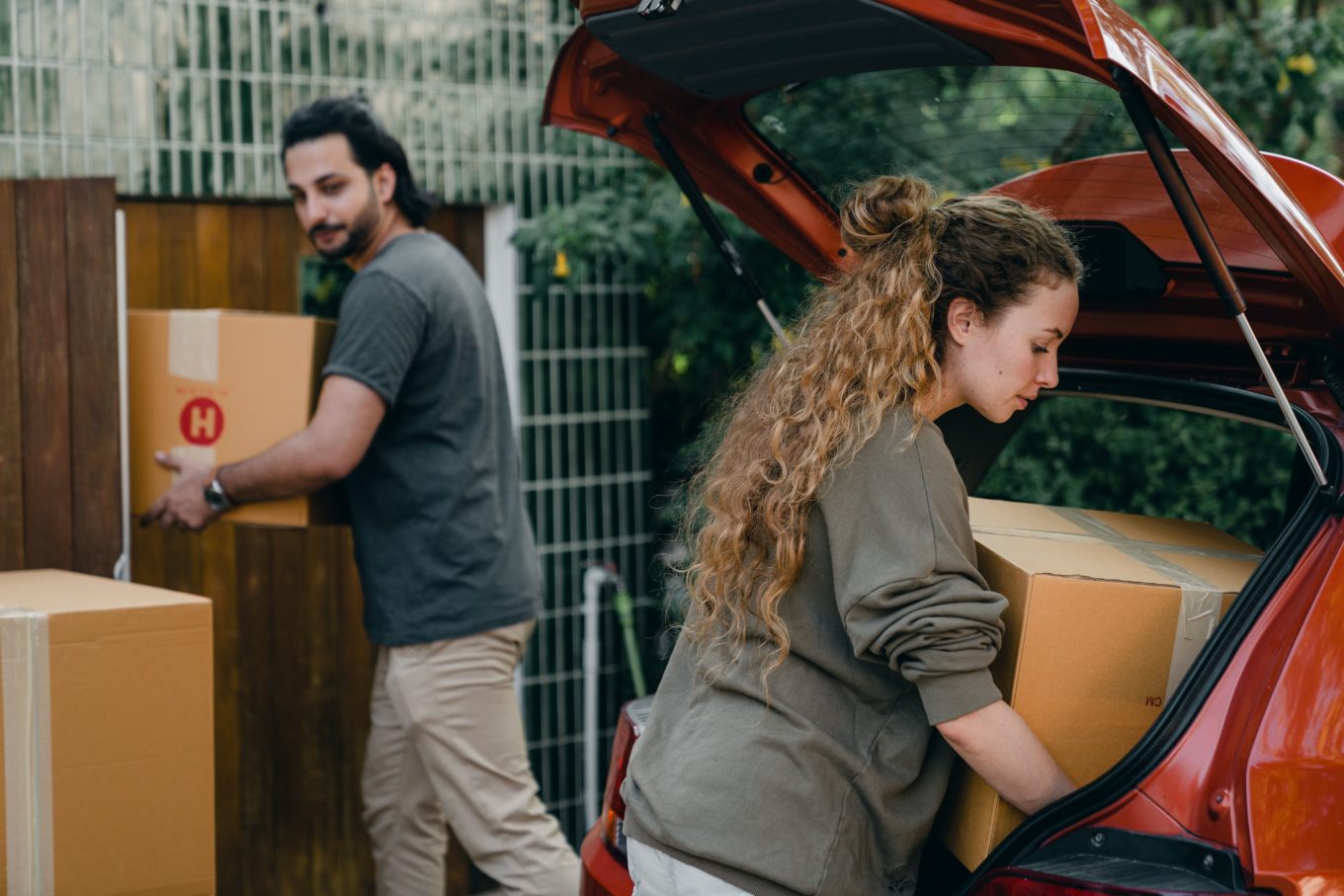If you’re on the market to purchase your first home, congratulations! You’re on your way to making your first big step into homeownership. Before you purchase a home or make a commitment, you should learn strategies that will help you strategize and maximize your capabilities. The tips being shared will help you become even sharper in your goals to becoming a first-time homebuyer.
A successful home buying experience is about getting all the details just right and along the way learning as much as possible.
Tips for First-Time Home Buyers
- Start your savings as early as possible
When it comes to purchasing a home, the first thing you’ll need to consider is how much cash you have saved up. When saving, here are the main costs to consider:
- Decide on how much you can afford: When shopping around for a home, you first need to figure out how much you can safely spend on a house without breaking your bank. For example, if your monthly income, after taxes, is $10,000, you’ll want to stick to your mortgage being around $2,000-$3,000. We generally recommend keeping your monthly mortgage costs between 20%-30% of your monthly income. The lower the better, of course, but that also depends on the type of house you’re looking for and how much it will cost. Figure out and decide what you’re looking for and go from there.
- Down payment for your home: The down payment for your home is a requirement and will vary depending on the type of mortgage you choose and the lender. There are some conventional loans available aimed at first-time homebuyers with excellent credit and end up only paying as little as 3% down on the total cost of your home. Even if it’s just 3%, saving that 3% can be a challenge for some, so that’s why we recommend starting to save as early as possible. For example, a 3% down payment on a $1,000,000 is $30,000. That’s a lot of cash to save up if you’re purchasing a home that expensive. Even if the home you’re looking at is $300,000, saving up $9,000 isn’t all that easy. You’ll want to start early and start setting up automatic transfers to a savings account where you can save for your future home.
- Closing costs for your home: Aside from down payment being a requirement, closing costs and fees are another thing to keep in mind. Once you finalize the selection of your home, closing costs range anywhere from 2% to 5% of the loan amount, depending on the cost of your home. You’re welcome to negotiate and ask the seller to pay for a portion of the closing costs, but that isn’t a guarantee and is something you should discuss beforehand.
- Home move-in expenses: There are expenses related to moving into your new home. This is something that many homebuyers don’t keep in mind. When it comes time to move, the cost of moving can rack up fairly quickly. You’ll need to save some cash so that you can cover your move-n expenses. Start setting aside money early, especially if there are some home repairs that need to be done, upgrades, and even furnishing for new furniture.





